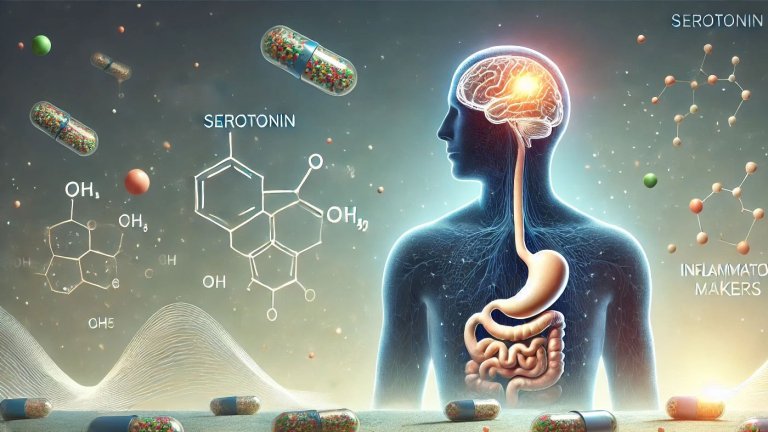Fragmented Mental Health Services Failing New Zealand’s Youth: Auditor-General's Report Urges Urgent Reform
A recent report from the Auditor-General reveals alarming shortcomings in New Zealand’s mental health services for young people. The report paints a concerning picture of a fragmented system that struggles to meet the growing mental health needs of the nation's youth.
One of the most significant issues identified is the lack of cohesion within the mental health services. Over the years, services have developed in a piecemeal fashion, responding to immediate needs without a cohesive plan. This disjointed approach has created a confusing maze for young people and their families to navigate, leaving many without timely or appropriate care. The burden is often on the families to find the right service, exacerbating stress and delaying treatment.
Adding to the problem is the evident lack of strong leadership and coordination within the system. Agencies tend to operate in silos, focusing narrowly on their individual programs rather than collaborating to deliver integrated, youth-centered care. The report stresses that this is particularly detrimental for at-risk groups who often need a comprehensive array of health and social services.
The report also highlights the critical need for culturally sensitive services. Rangatahi Māori and Pacific youth, in particular, face significant barriers to accessing care that respects their cultural values and perspectives. The Auditor-General emphasizes that both inclusive mainstream services and specialized models of care are essential to meet the needs of these communities effectively.
In response to these challenges, the Auditor-General has made several key recommendations. Among them are calls for better understanding of the prevalence of youth mental health conditions, more rigorous evaluation of service effectiveness, and the establishment of clear, integrated care pathways. Strengthening system leadership and fostering greater coordination among agencies are also emphasized as urgent priorities.
The findings of this report are a wake-up call for New Zealand’s mental health system. If the recommended changes are implemented, they could pave the way for a more cohesive, effective, and culturally attuned approach to youth mental health. But until then, many young Kiwis will continue to struggle in a system that is ill-equipped to meet their needs.
As New Zealand grapples with a mental health crisis among its youth, the call for reform is more pressing than ever. The Auditor-General’s report is not just a critique but a roadmap for the future—one that demands immediate and sustained action.






